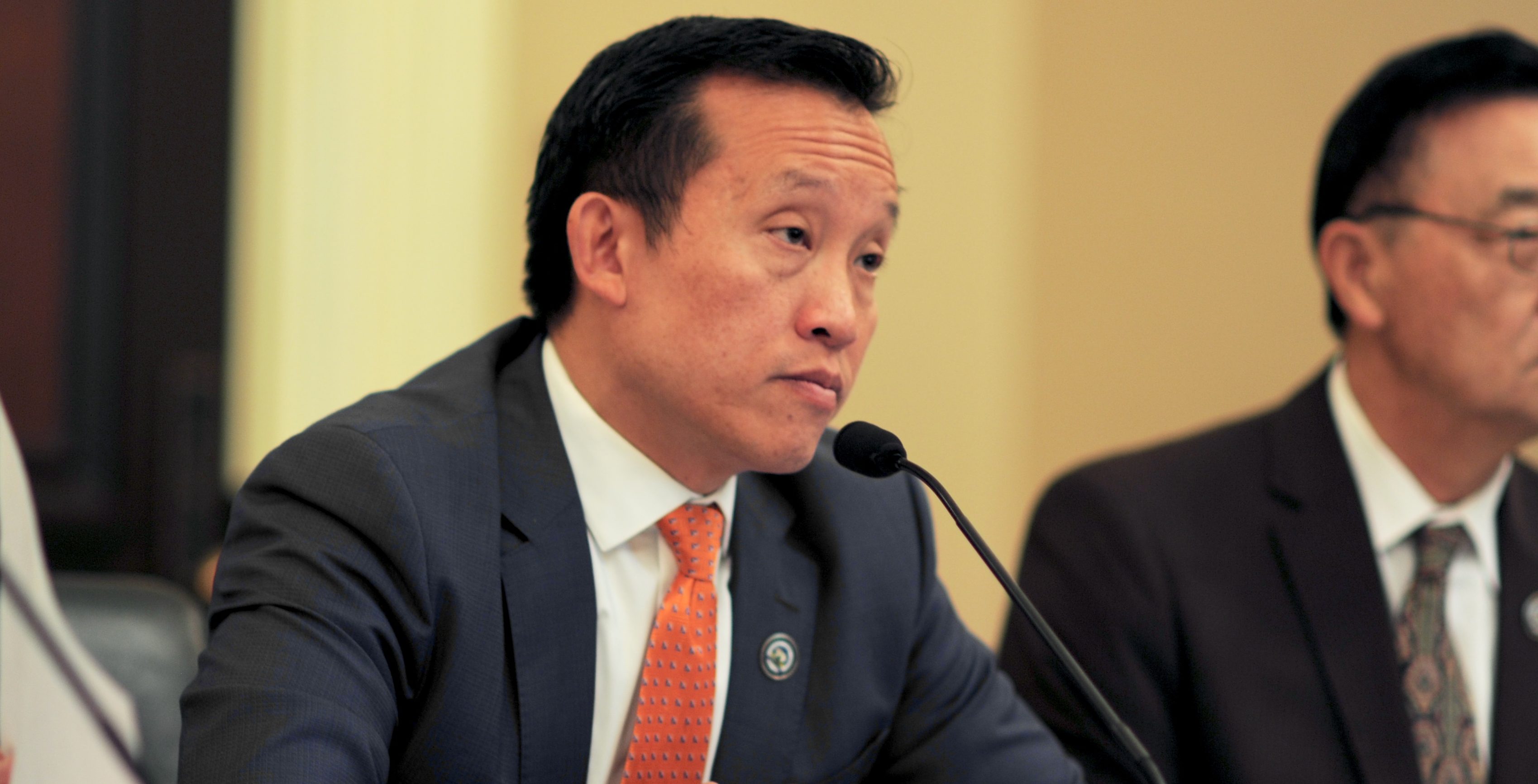
Tax Amnesty Program Proposed for CA Businesses Struggling to Survive
AB 879 would provide taxpayers an avenue to pay overdue tax liability without costly penalties
By Chris Micheli, February 21, 2021 1:11 pm
February 16, Assemblywoman Blanca Rubio (D-Baldwin Park) introduced Assembly Bill 879 to create a tax amnesty program in the state.
The bill would add Section 19777.6 to, to add Article 1.7 (commencing with Section 7067) to Chapter 8 of Part 1 of Division 2 of, and add Chapter 9.2 (commencing with Section 19740) to Part 10.2 of Division 2 of, the Revenue and Taxation Code.
Section One of the bill would provide legislative findings and declarations related to spread of COVID-19 and its impact on businesses that are struggling to survive. Despite the current pandemic circumstances, business owners still are required to collect and remit all applicable taxes, pay regulatory fees, and pay other business operating expenses with a limited budget.
And, it is the intent of the Legislature to enact legislation to create a tax amnesty program that would provide taxpayers an avenue to pay overdue tax liability without costly penalties, bringing taxpayers into compliance and helping them recover from the closures caused by the COVID-19 pandemic.
Section Two of the bill would establish an amnesty program in the California Department of Tax and Fee Administration. New Article 1.7 would be titled “California Tax Amnesty and Revenue Recovery Act.” CDTFA would be required to develop and administer a tax amnesty program for taxpayers subject to the Sales and Use Tax Law.
The amnesty program would be conducted for two months, from February 1, 2022 through March 31, 2022, and the program would apply to tax liabilities due and payable for tax reporting periods beginning before January 1, 2021.
In this amnesty program, CDTFA would have to waive all penalties for the tax reporting periods for which tax amnesty is allowed, for the non-reporting or underreporting of tax liabilities or the nonpayment of any taxes previously determined or proposed to be determined. In addition, a criminal action could not be brought against the taxpayer for the tax reporting periods for which tax amnesty is requested, for the non-reporting or underreporting of tax liabilities. The program would not apply for known criminal investigations.
In order to participate in the amnesty program, a taxpayer would have to be eligible to participate, file a completed amnesty application with CDTFA, and by the end of May 2022, do the following:
- File completed tax returns for all tax reporting periods for which the taxpayer has not previously filed a tax return and files completed amended returns for all tax reporting periods for which the taxpayer underreported their tax liability.
- Pay in full the taxes and interest due for all periods for which amnesty is requested, or applies for an installment agreement.
CDTFA would be allowed to enter into an installment payment agreement in lieu of the complete payment required, but only if final payment under the terms of that installment payment agreement is due and is paid no later than June 30, 2022. For taxpayer who could have entered into the amnesty program and did not, there will be added tax of 7.75% of the accrued interest on the amount due. A penalty may not be imposed upon a showing by the taxpayer that there was reasonable cause for, and the taxpayer acted in good faith with respect to, that portion.
Section Three of the bill would establish an amnesty program in the California Franchise Tax Board. This program would be available for both personal and corporate income taxpayers. It would apply under similar circumstances described in Section Two of the bill. The program would not apply to any non-reported or underreported tax liability amounts attributable to tax shelter items that could have been reported under either the voluntary compliance initiative. Installment agreements would also be allowed.
In addition, this section of the bill specifies that the Legislature specifically intends that the Franchise Tax Board, in administering the amnesty application requirement under this part, make the amnesty application process as streamlined as possible to ensure participation in the amnesty program will be available to as many taxpayers as possible without otherwise compromising the Franchise Tax Board’s ability to enforce and collect the taxes imposed.
Section Four of the bill would add Revenue and Taxation Code Section 19777.6 to provide that, for each taxable year for which amnesty could have been requested, there will be additional interest of 7.75%.
This bill is expected to be heard in its first policy committee in March.
- ‘Respondentia’ in California - January 8, 2026
- Visitation Rights for Minor Children - January 7, 2026
- Health Insurance Assignment - January 7, 2026




